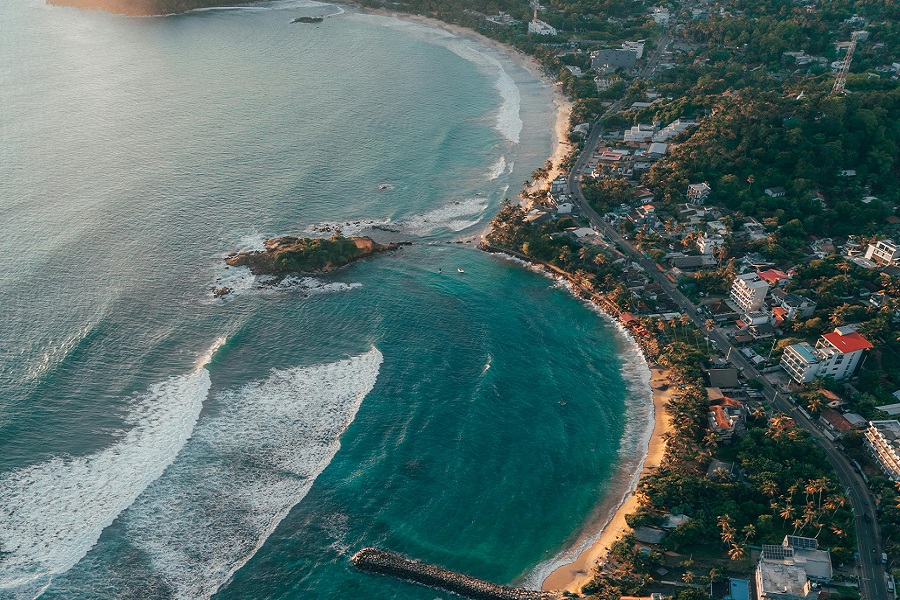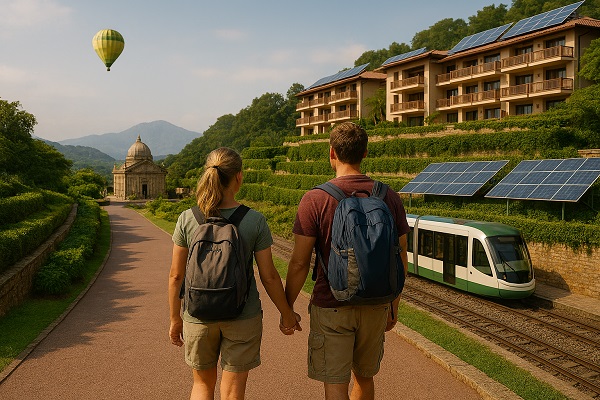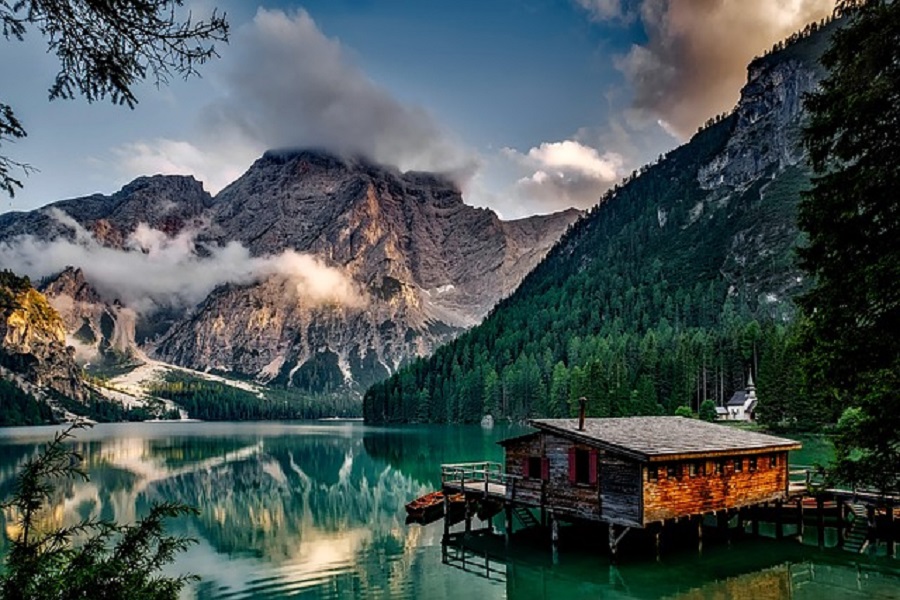Eco-friendly Adventures in Costa Rica: A Paradise for Sustainable Travel

Costa Rica, renowned for its stunning biodiversity and pristine landscapes, is a beacon for eco-tourism. With its commitment to sustainability and conservation, the country offers eco-friendly adventures that allow travelers to explore its natural wonders while minimizing their environmental impact. Whether you’re ziplining through cloud forests, hiking active volcanoes, or kayaking in serene coastal waters, Costa Rica provides unforgettable experiences that promote environmental stewardship.
Exploring the Cloud Forests: A Walk Above the Canopy
Costa Rica is home to some of the world’s most biodiverse cloud forests, such as the Monteverde Cloud Forest Reserve and the Santa Elena Cloud Forest Reserve. These lush, misty forests are teeming with unique wildlife, including monkeys, sloths, and hundreds of bird species, including the vibrant quetzal. Eco-friendly tours in these areas focus on sustainable practices like low-impact walking trails and responsible wildlife observation. Travelers can immerse themselves in nature while learning about the conservation efforts in place to protect these fragile ecosystems.
Ziplining with a View: Thrills Above the Trees
For those seeking a bit of adventure, Costa Rica’s zipline tours provide an exhilarating way to explore the cloud forests from above. Companies like Selvatura and Canopy Tours Monteverde offer eco-conscious ziplining experiences that minimize their environmental footprint. The equipment is often designed with safety and sustainability in mind, and these tours promote the importance of preserving Costa Rica’s forests. Flying through the treetops, travelers can enjoy a bird’s-eye view of the forest, all while supporting eco-friendly tourism initiatives.
Hiking Volcanoes: Nature’s Power on Display
Costa Rica is home to several active volcanoes, including Arenal, Poás, and Irazú. Hiking through volcanic landscapes offers an eco-friendly way to explore the country’s geological wonders. The trails are designed to protect the surrounding flora and fauna while providing stunning views of craters, lava fields, and hot springs. Arenal Volcano National Park, for example, features well-maintained trails and educational tours that highlight the volcano’s history and the area’s conservation efforts. These hikes offer an opportunity to witness nature’s raw power while respecting the delicate balance of the environment.
Kayaking in Costa Rica’s Coastal Waters
Costa Rica’s coastlines, both on the Pacific and Caribbean sides, offer incredible opportunities for eco-friendly water adventures. Kayaking and stand-up paddleboarding are popular activities that allow visitors to explore serene beaches, mangroves, and protected marine areas. The Osa Peninsula, for instance, is known for its pristine beaches and rich marine life, including sea turtles, dolphins, and humpback whales. By choosing guided eco-tours, travelers can learn about the region’s conservation initiatives, such as efforts to protect sea turtle nesting sites and coral reefs, while engaging in peaceful, low-impact water sports.
Wildlife Watching: A Responsible Approach to Animal Encounters
Costa Rica is a haven for wildlife enthusiasts, offering numerous opportunities to observe animals in their natural habitats. The country’s national parks, such as Manuel Antonio and Corcovado, are home to a variety of species, from jaguars and ocelots to capuchin monkeys and toucans. Many eco-friendly tours are designed with wildlife protection in mind, encouraging responsible animal encounters and minimizing human impact on the environment. With knowledgeable guides, travelers can learn about Costa Rica’s extensive biodiversity and the efforts being made to protect its species and habitats.
Supporting Sustainable Accommodations and Local Communities
Sustainable tourism in Costa Rica extends beyond outdoor adventures. Many eco-lodges and hotels throughout the country are designed to have minimal environmental impact. These accommodations often use renewable energy, practice water conservation, and source food locally. By staying at eco-friendly accommodations, travelers can support businesses that prioritize sustainability. Additionally, many tour companies employ local guides and staff, contributing to the economy and ensuring that communities benefit from eco-tourism.
























